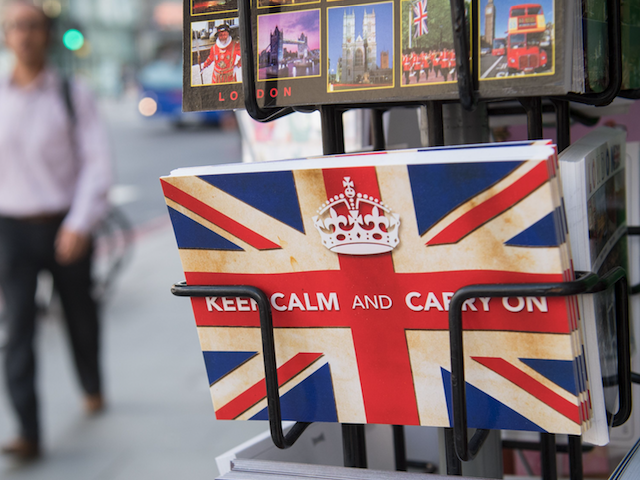LONDON, Sept 6 (Reuters) – Sterling rose to trade near a 7-week high against the dollar on Tuesday, amid expectations that Britain had probably dodged a recession in coming months with the economy showing signs of resilience in the aftermath of the shock Brexit vote.
The pound also hit a four-week peak against the euro, with sentiment bolstered by the recent slew of robust data that has lessened the chances of further monetary easing by the Bank of England.
On Monday, the Purchasing Managers’ Index (PMI) for the dominant services sector showed the biggest one-month gain in the survey’s 20-year history, beating all forecasts in a Reuters poll. The survey echoed the upbeat tone of data released last week on the manufacturing and construction sectors in August and bolstered a view that the economy was holding up well so far.
Sterling rose 0.3 percent to $1.3345, not far from a peak of $1.3376 struck on Monday, its highest since mid-July. The euro fell 0.25 percent to 83.54, its lowest since early August and the broader sterling index was near its highest since mid-July.
“Sterling may squeeze up a bit more but many investors will see this a chance to sell – it would be a surprise if it managed to get through $1.35, before falling again,” said James Binny, EMEA Head of Currency at State Street Global Advisors.
“Sterling is seen as slightly cheap on long-term valuation type measures – but it will be a while until that feeds through to allow it to rise again, and is unlikely to happen this year.”
Speculators have trimmed record high bets against the pound in the week ended Aug. 30 and analysts said if investors roll back expectations of further monetary easing in coming months, sterling could advance further.
The Bank of England cut rates to near zero early last month and launched an asset purchase to cushion the economy from the shock decision to leave the EU.
On Monday, Morgan Stanley economists raised their growth forecasts for the United Kingdom and adjusted their BoE easing call, delaying the next tranche of asset purchases to Feb 2017.
“Rate differentials have moved in favour of the pound and, with the market heavily short-positioned, we see further tactical upside potential, with long sterling/yen remaining our best call,” Morgan Stanley strategists said in a note, adding for the longer term, the outlook for sterling remained bearish.
(Reporting by Anirban Nag and Patrick Graham; editing by Dominic Evans)

COMMENTS
Please let us know if you're having issues with commenting.